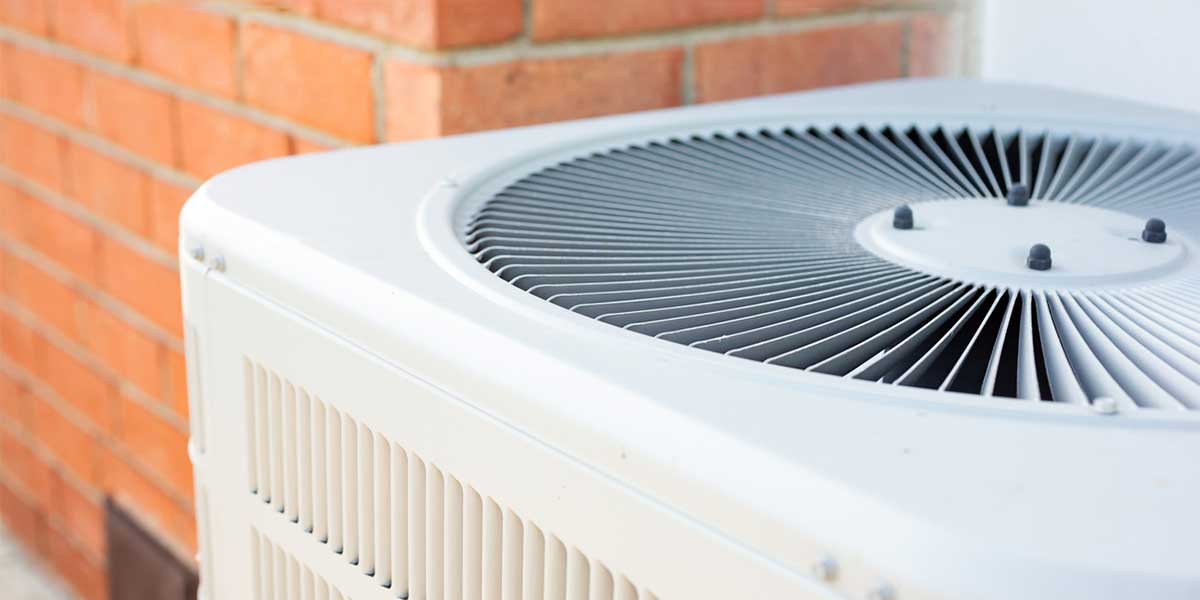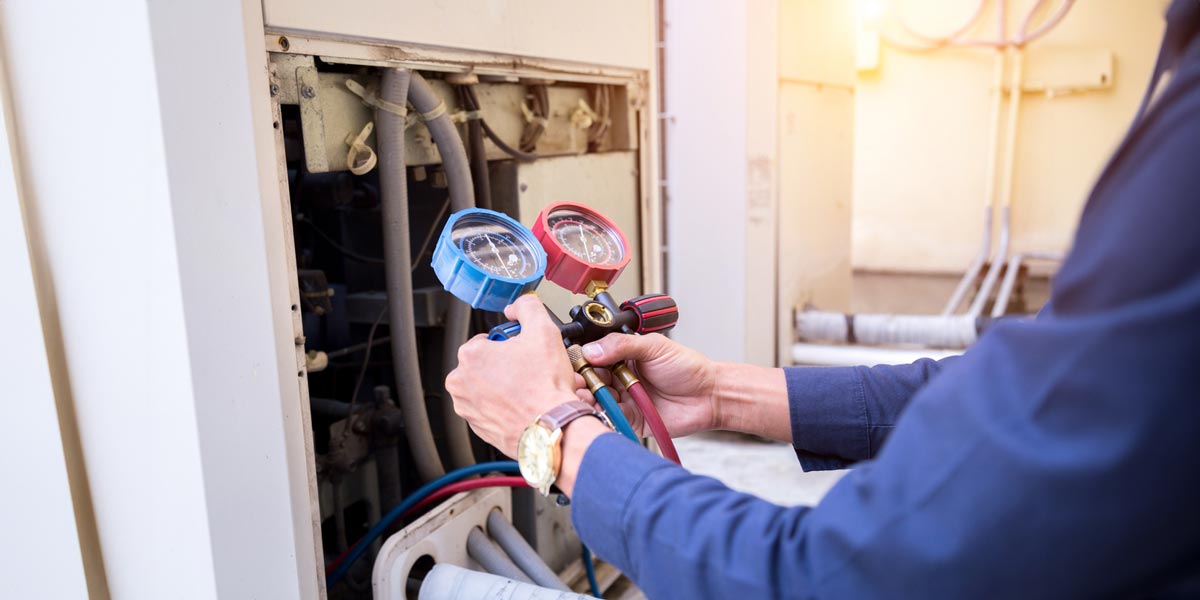Looking to stay up on the latest home improvement tips and tricks to live efficiently and comfortably? Subscribe to our blog today and we’ll keep you in the loop with useful HVAC tips and home comfort advice.
Subscribe Today for the Latest Tips
Why are AC Capacitors So Important?
A recent survey showed about 24,000 homes in the Valley of the Sun without air conditioning. It’s hard to imagine surviving sizzling hot summers without being able to cool down indoors. But even if you have an HVAC system, there’s always a chance of a breakdown that can leave you without cooling. This is because your AC unit has a large number of wires, components, and circuits. Normal system wear and tear can eventually lead to parts breaking down, but a unit that hasn’t been serviced on a regular basis is especially prone to failures. And capacitors are one of the leading causes of breakdowns. Let’s take a look at why capacitors are vital to your air conditioning unit and some common failures.
What Are Capacitors
Capacitors are essential to the electric motors in your air conditioner and they’re the most common part that fails. Capacitors are a small oval, square, or cylindrical shaped device inside the AC unit. The primary job of a capacitor is to produce a bolt of electricity to start or run the compressor, blower motor, or fan motor.
Why Capacitors Fail
The number one cause of capacitor failure is from overheating. A quick visual inspection will immediately show a swollen or burst capacitor. A capacitor can overheat from four main reasons:
- Compressors require more energy as they age, and this additional energy can overwork a capacitor.
- A capacitor that runs for an extended period of time due to a heat wave.
- Improperly charged refrigerant level in the AC unit.
- Power surges or lightning strikes can damage a capacitor.
What Occurs When a Capacitor Stops Working
Here are some symptoms you may notice when a capacitor goes bad:
- The fan on the outdoor condenser unit is not spinning.
- The air conditioning unit is very hot.
- The AC starts and stops often.
- The AC unit breaker has tripped in the breaker panel.
If you notice your home is warmer or cooler than the set thermostat temperature, this can be a sign of capacitor failure. Also, if you have a faulty capacitor, you may notice a clicking sound upon start up or a loud hum if the motor can’t get going. Both sounds mean you should call your local HVAC technician for servicing.
Call Bruce’s for HVAC Electrical Issues
If you’re aware of any warning signs with your AC, you’ll want to contact your professionals at Bruce’s Air Conditioning & Heating. Electrical problems including capacitor issues can result in entire system breakdowns if left unfixed. Call Bruce’s today at 480-968-5652 to schedule an appointment. We’re ready to help 24/7, including weekends and holidays.















